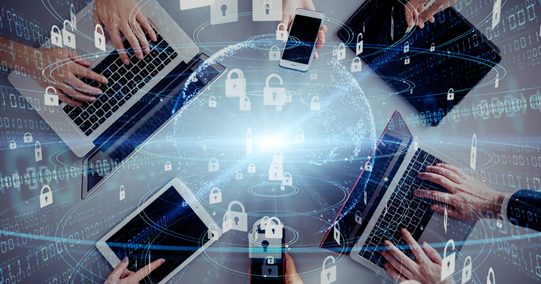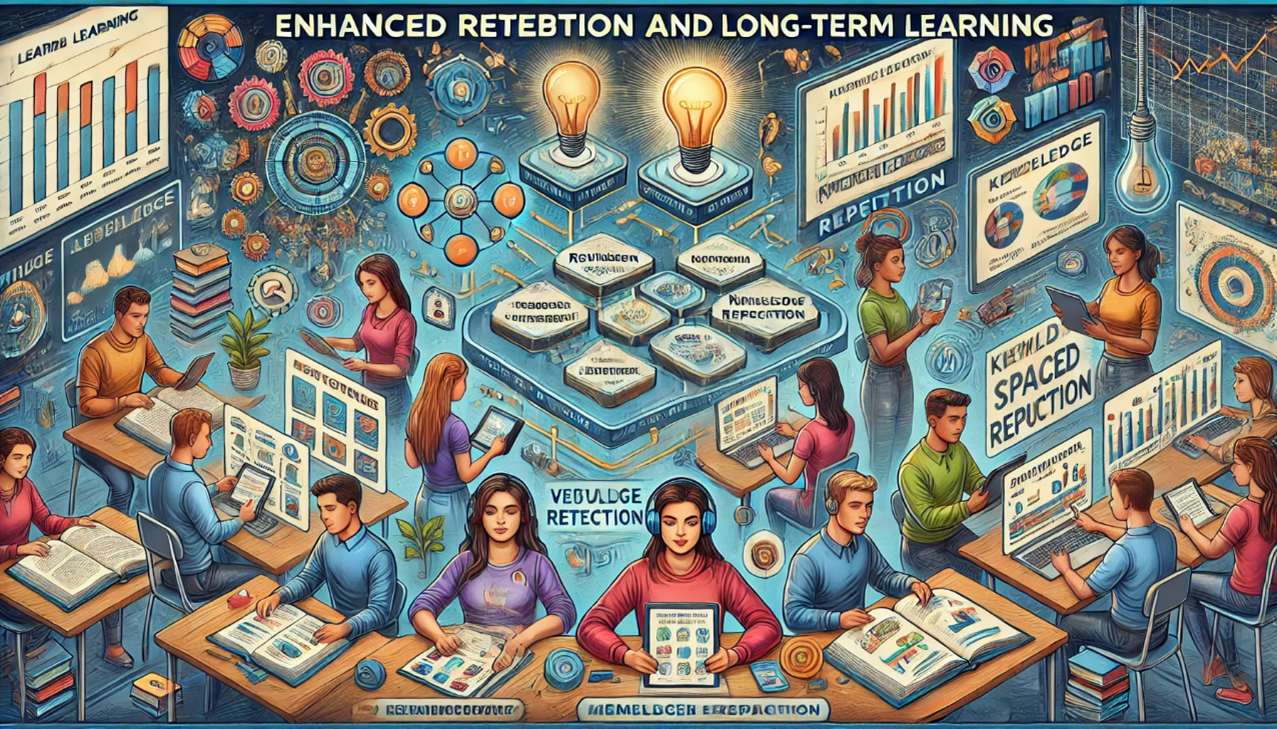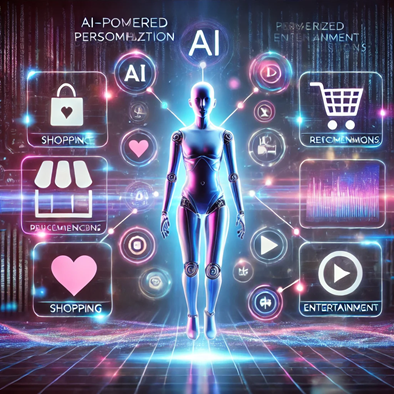Are organizations like the United Nations and NATO still effective in maintaining global order?

Are organizations like the United Nations and NATO still effective in maintaining global order?
by Maximilian 02:14pm Jan 03, 2025
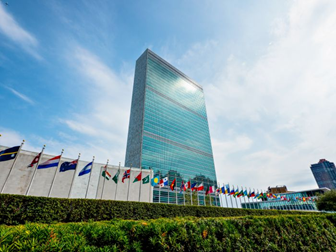
The effectiveness of organizations like the United Nations (UN) and the North Atlantic Treaty Organization (NATO) in maintaining global order is a complex and often debated topic. Their relevance and impact depend on the context and the specific challenges they are addressing.
United Nations (UN)
The UN was established to foster international cooperation and prevent conflicts after World War II. Its effectiveness can be assessed in various dimensions:
Peacekeeping and Conflict Resolution:
The UN has deployed peacekeeping missions to stabilize conflict zones, often with mixed results. In some cases (e.g., Sierra Leone), peacekeeping has been successful, while in others (e.g., Rwanda), its failures have been stark.
The Security Council's structure, with veto power for its five permanent members (P5), often leads to gridlock, especially when P5 members' interest conflict.
Humanitarian Aid and Development:
Agencies like the World Food Programmer (WFP), UNICEF, and WHO are pivotal in addressing global challenges such as hunger, health crises, and education.
Critics argue that bureaucracy and inefficiencies sometimes limit the effectiveness of these efforts.
Global Challenges:
The UN has played a central role in addressing global issues like climate change (e.g., Paris Agreement) and public health crises (e.g., COVID-19).
Progress is often slow, as agreements rely on voluntary commitments by member state.

NATO
NATO, originally formed as a collective defense alliance against the Soviet Union during the Cold War, has evolved but still faces questions about its role and relevance:
Collective Defense:
NATO's Article 5, which commits members to defend one another, remains a cornerstone of its mission. Its activation after 9/11 demonstrated solidarity.
NATO's deterrent effect is evident in its response to potential aggression, especially in Eastern Europe.
Post-Cold War Adaptation:
NATO has expanded its scope, addressing challenges like cyber threats, terrorism, and hybrid warfare.
However, its expansion has been contentious, particularly with Russia, contributing to tensions (e.g., Ukraine).
Internal Cohesion:
Diverging priorities among member states can weaken unity. For example, disagreements over defense spending, policies toward Russia, and involvement in conflicts like Afghanistan have sparked debates about its coherence.
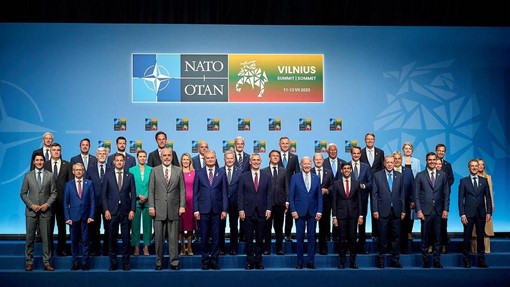
Current Challenges and Effectiveness
Global Power Shifts: The rise of multipolarity, with powers like China and regional blocs gaining influence, challenges the dominance of organizations rooted in a post-WWII order.
Non-State Actors: Terrorism, cyber warfare, and global pandemics often outpace traditional mechanisms designed for state-centric threats.
Legitimacy and Reform: Both the UN and NATO face calls for reform to better reflect contemporary realities. For example, expanding the UN Security Council or redefining NATO's strategic focus.
Conclusion
While the UN and NATO remain critical pillars of global governance, their effectiveness is uneven and context-dependent. They often succeed when member states are aligned in their objectives but falter in the face of geopolitical rivalries or systemic inefficiencies. Strengthening their roles in addressing 21st-century challenges requires both institutional reform and stronger international cooperation.



